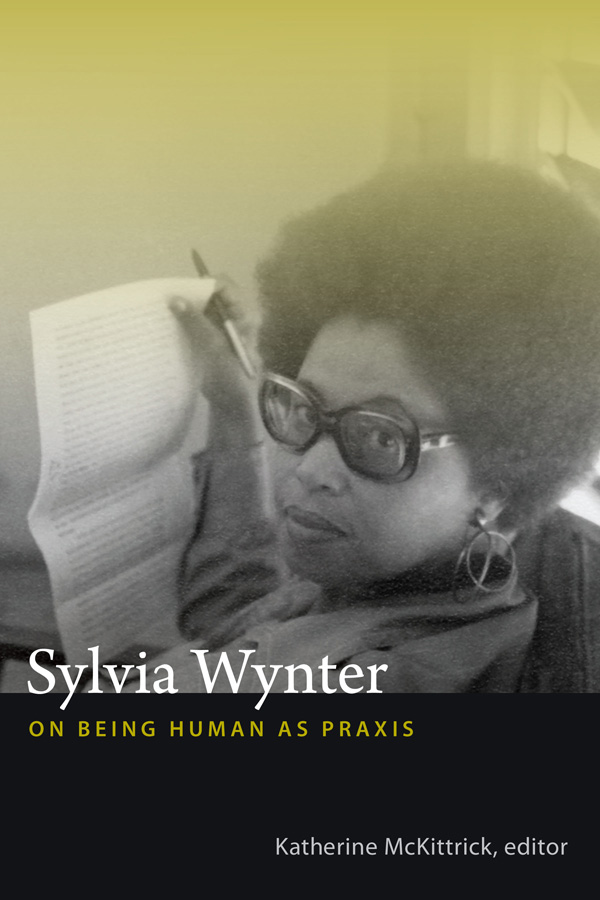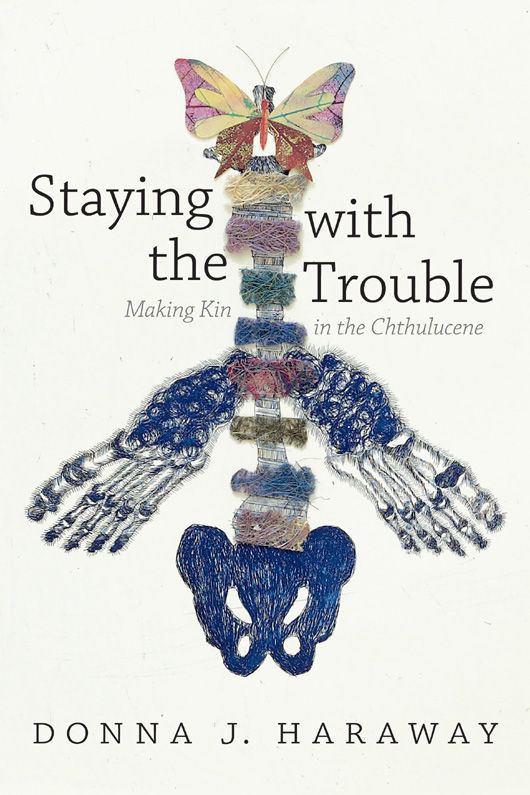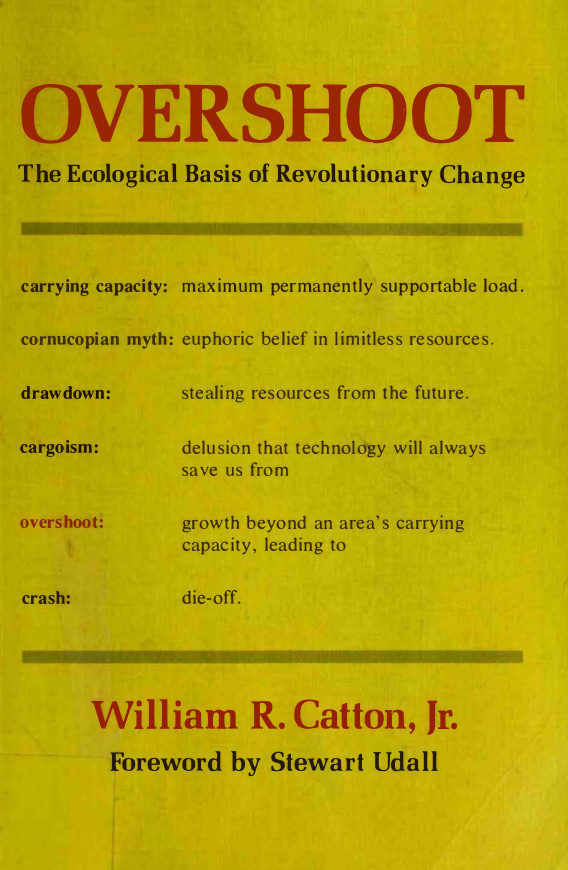Sylvia Wynter: On Being Human as Praxis (2015)
Filed under book | Tags: · black people, blackness, body, colonialism, consciousness, creolization, human, human ecology, indigenous peoples, knowledge, land, migration, modernity, philosophy, race, racism, representation, slavery, territory, theory, violence

“The Jamaican writer and cultural theorist Sylvia Wynter is best known for her diverse writings that pull together insights from theories in history, literature, science, and black studies, to explore race, the legacy of colonialism, and representations of humanness. Sylvia Wynter: On Being Human as Praxis is a critical genealogy of Wynter’s work, highlighting her insights on how race, location, and time together inform what it means to be human. The contributors explore Wynter’s stunning reconceptualization of the human in relation to concepts of blackness, modernity, urban space, the Caribbean, science studies, migratory politics, and the interconnectedness of creative and theoretical resistances. The collection includes an extensive conversation between Sylvia Wynter and Katherine McKittrick that delineates Wynter’s engagement with writers such as Frantz Fanon, W. E. B. DuBois, and Aimé Césaire, among others; the interview also reveals the ever-extending range and power of Wynter’s intellectual project, and elucidates her attempts to rehistoricize humanness as praxis.”
Essays by Katherine McKittrick, Denise Ferreira da Silva, Walter D. Mignolo, Bench Ansfield, Nandita Sharma, Rinaldo Walcott, Carole Boyce Davies, Demetrius L. Eudell, and a conservation with Sylvia Wynter.
Edited by Katherine McKittrick
Publisher Duke University Press, Durham and London, 2015
ISBN 9780822358343, 0822358344
xiii+290 pages
Reviews: Anthony Bayani Rodriguez (Antipode, 2015), Lea Hülsen (Kult, 2016), Kaiama L. Glover (Contemporary Women’s Writing, 2016), Inge Mathijssen (philoSOPHIA, 2018), Lauren Nelson (E3W Review of Books, 2019).
Comment (0)Donna J. Haraway: Staying with the Trouble: Making Kin in the Chthulucene (2016)
Filed under book | Tags: · anthropocene, biology, capitalism, capitalocene, chthulucene, environment, feminism, human, human ecology, multispecies, nature

“In the midst of spiraling ecological devastation, multispecies feminist theorist Donna J. Haraway offers provocative new ways to reconfigure our relations to the earth and all its inhabitants. She eschews referring to our current epoch as the Anthropocene, preferring to conceptualize it as what she calls the Chthulucene, as it more aptly and fully describes our epoch as one in which the human and nonhuman are inextricably linked in tentacular practices. The Chthulucene, Haraway explains, requires sym-poiesis, or making-with, rather than auto-poiesis, or self-making. Learning to stay with the trouble of living and dying together on a damaged earth will prove more conducive to the kind of thinking that would provide the means to building more livable futures. Theoretically and methodologically driven by the signifier SF—string figures, science fact, science fiction, speculative feminism, speculative fabulation, so far—Staying with the Trouble further cements Haraway’s reputation as one of the most daring and original thinkers of our time.”
Publisher Duke University Press, 2016
Experimental Futures series
ISBN 9780822373780, 0822373785
xv+296 pages
Talk (video, 25 min, 2014)
Interview with author: Lauren O’Neill-Butler (Artforum, 2016).
Reviews: Archie Davies (Antipode, 2016), Matt Thompson (Savage Minds, 2016), Ingrid M. Hoofd (Feminist Review, 2017), Devin Proctor (Anthropological Quarterly, 2017), Danya Glabau (J Cultural Economy, 2017), Oliver Basciano (ArtReview, 2017), Ben Denham (Sydney Review of Books, 2017), Juan Guevara (Space and Culture, 2018), Gyrus (Dreamflash, 2018), Luis Campos (Quarterly Review of Biology, 2018), Kaisa Kortekallio (European Journal of Women’s Studies, 2019), Irene Wolfstone (Imaginations, 2019), Thierry Hoquet (Critique, 2019, FR), Doortje Hörst (Junctions, 2019).
HTML (removed on 2017-5-17 upon request from publisher)
Comment (0)William R. Catton, Jr.: Overshoot: The Ecological Basis of Revolutionary Change (1980)
Filed under book | Tags: · biology, earth, ecology, environment, human ecology, sociology

This famous book outlines William R. Catton’s realization of “the urgent need for everyone, including sociologists, to recognize that our lifestyles, mores, institutions, patterns of interaction, values, and expectations are shaped by a cultural heritage that was formed in a time when carrying capacity exceeded the human load. A cultural heritage can outlast the conditions that produced it. That carrying capacity surplus is gone now, eroded both by population increase and immense techno-logical enlargement of per capita resource appetites and environmental impacts. Human life is now being lived in an era of deepening carrying capacity deficit. All of the familiar aspects of human societal life are under compelling pressure to change in this new era when the load increasingly exceeds the carrying capacities of many local regions—and of a finite planet. Social disorganization, friction, demoralization, and conflict will escalate.” (Catton, 2008)
Publisher University of Illinois Press, 1980
ISBN 0252009886
xvii+298 pages
PDF (16 MB, glossary missing)
Comment (0)
